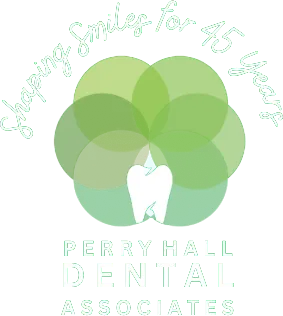Dentistry has advanced to the point in which pain is almost a thing of the past.
Powerful pain-killing medications known as anesthetics not only help a patient avoid discomfort during a procedure, but post-operatively as well.
Some patients, especially children, may require higher doses of anesthetic than others.
Types of pain-killing medications include:
- Analgesics - These are also called pain relievers and include common non-narcotic medications such as ibuprofen and aspirin. Analgesics are usually used for mild cases of discomfort, and are typically prescribed following such procedures as a root canal or tooth extraction.
- Anesthetics - Anesthetics can either be topically applied, injected or swallowed. Dentists often apply topical anesthetics with a cotton swab to an area of the mouth where a procedure such as a restoration will be performed. This numbs the affected area. Topical anesthetics are used in many dental procedures such as tooth restoration. Topical anesthetics also are used to prepare an area for injection of an anesthetic. Novocaine and Lidocaine are the most common kind of injectable anesthetics. Such medications block the nerves from transmitting signals and are used for more major types of procedures, such as fillings and root canals.
- Sedatives - Sedatives are medications designed to help a patient relax. This can be a powerful tool in avoiding pain. Sedatives are sometimes used in combination with other types of pain relievers and pain-killers. Nitrous oxide, or laughing gas, is a form of sedative. Conscious sedation involves administering a sedative while the patient is alert and awake. Deep sedation or general anesthesia involves administering a medication that places a patient in a state of monitored and controlled unconsciousness.
Types of sedatives include:
- Intravenous (IV) sedation - Usually in the form of a tranquilizing agent; patients given IV sedation are often awake, but very relaxed.
- Inhalation sedation - a form of sedation in which nitrous oxide is administered through a special mask.


